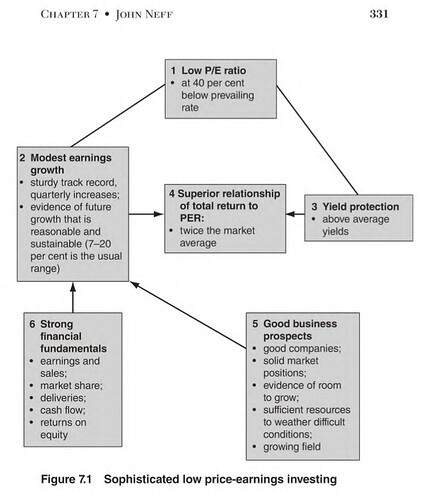while reading on the website of the The veteran small cap and cyclic industry investor Chuck Royce of Royas funds i came across beautiful lines that is worth
As bottom-up investors, how much time do you spend looking at sectors and industries or examining business cycles?
The starting and ending point for us is the individual company. We’re looking for businesses that exhibit a certain set of characteristics, those that our experience strongly suggests will generate consistent and superior returns on capital over the long term.
We don’t think we can add much to the medium- to long-term investment returns for our investors by attempting to analyze the business cycles of sectors or industries. So while our bottom-up strategy naturally tends to lead us to certain sectors and industries (and also finds us de-emphasizing others), those preferences are not determined by our perception of the business cycle.
Although we try to avoid deep-cyclical companies and look to invest in robust compounders, it’s fair to say that just about every company has some degree of cyclicality in its business. Which is fine. If a portfolio holding or another company held in our database experiences a rough patch in its operational performance due to a temporary change in the business cycle, and the stock price reacts negatively, that’s another example of the opportunity created by volatility.
Our view is quite simple: stay invested. Buy more of a good thing. Don’t try to time investments according to one’s analysis of the business cycle. In our opinion, very few people do business cycle analysis with consistent accuracy.
his philosophy about the cyclical and small caps selection is based on following tripod,
Small-cap performance to be driven by three factors: a preference for profitability, relatively lower valuations for both cyclicals and value stocks, and burgeoning economic strength both domestic and abroad.
one more learning i took from him is, Companies that help others do business faster, cheaper, and more effectively has been a sort of picks and shovels approach that has frequently led me to industrial and technology companies with very interesting—and in many cases ultimately profitable—businesses. That much hasn’t changed.
Over the last few years, there’s been a lot of innovation in areas such as process automation, robotics, lasers, cloud storage, etc.—all of which need equipment, components, and related technology, which has led to a lot of investments in companies that have successfully helped other businesses to innovate and/or increase productivity.
In fact, companies involved in process automation, robotics, and other areas look very promising to us over the long term as the recent global technology build-out rolls on.
their advice is
Our advice? Ignore the daily noise, stay focused on earnings, and invest for the long run. After all, the market may run on psychology in the short term, but in the long term it runs on earnings.
source: https://www.roycefunds.com/insights/2018/03/pm-rayner-stay-invested
Another pioneer in the small caps selector and Master practitioner is John Neff.His investment style is as i found in the book by Glen Arnold Lesson on investing from Master Investors
It is not the number of books you study which matters but it matter how to implement the learning that you use to develop the art of investing . so keep learning and share your learning . So for that i am sharing a source which is open anyway most of the books are available online in pdf format
PDF Drive is a free search engine which allows you to search, preview and download millions of PDF files into your devices.
for the list of good books on investing one can refer to My Top 5 Investment Basics Books, & why? and Multi-Disciplinary Reading - Book Reviews
Regards

